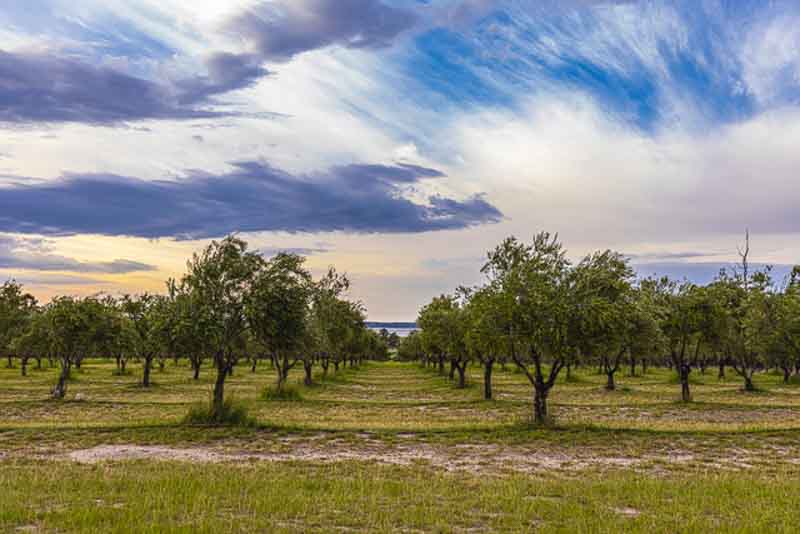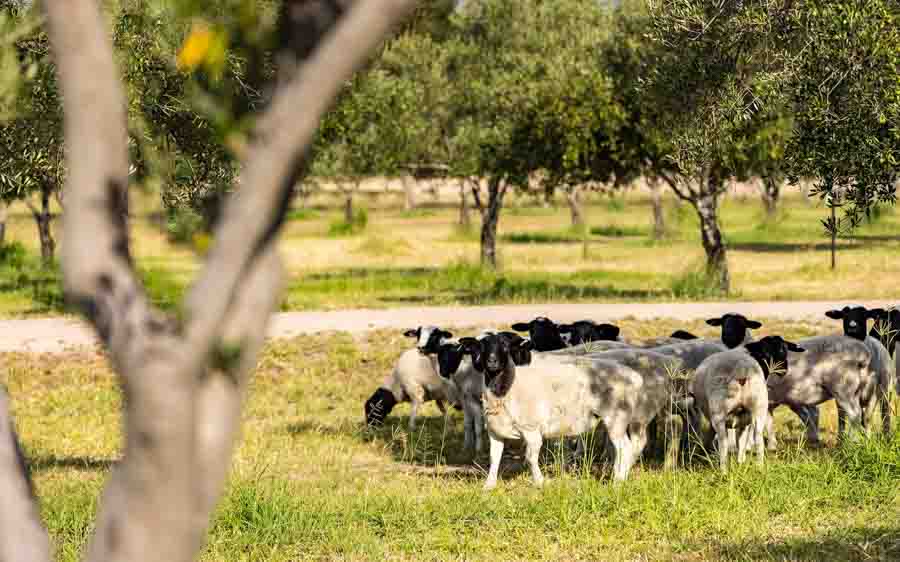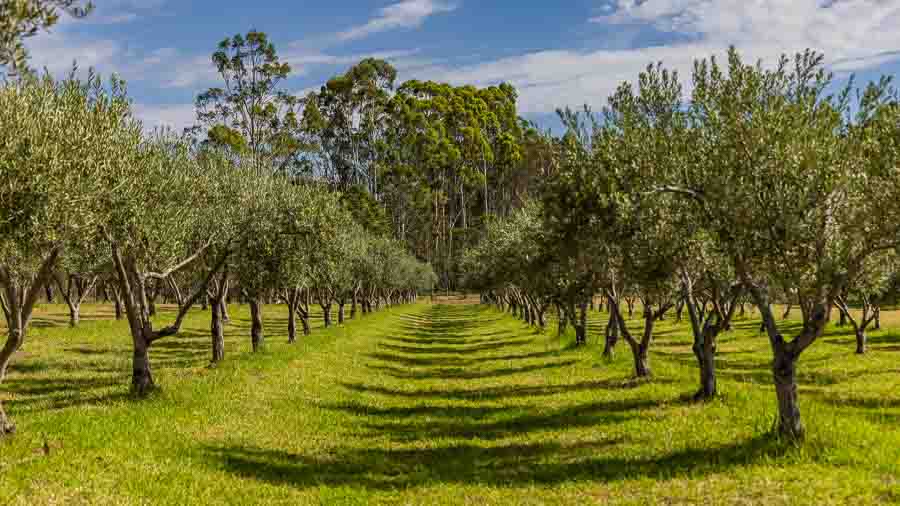 Boom, buts and new possibilities; these trees have withstood the tests of time.
Boom, buts and new possibilities; these trees have withstood the tests of time.
Coolmunda Organic Olives was established by Colin Owen and his wife, Gesine, in 1989 during the state's olive growing boom. At the time, Inglewood was labelled the olive capital of Queensland, and hundreds of thousands of olive trees were planted around the region by various independent farmers, investors and corporations. There were even olive festivals celebrating this new growing region.
According to Katie Baker, the couple's daughter and Coolmunda's executive director, 'Farmers were being told that if they planted a few hundred olive trees, their retirement would be paid for.'
Sadly, the region's olive success was short-lived. One of the largest operations in the area, Barkworths, folded within five years of planting, and its 500,000 olive trees were left to grow wild. Many newly planted olive groves were sold, and most producers gave up on olives entirely. Coolmunda was one of the few that survived.
Colin and Gesine took many fact-finding trips overseas to some of the world's top olive-growing regions. They used the knowledge gleaned from these trips to learn all they could about olive farming, plan the layout of growing areas and develop their first onsite processing plant. The plant has had several additions and renovations since it was first built. In 2015 they imported a traditional olive pressing machine from Italy and, later, twenty 1,000-litre fibreglass vats from Turkey.
Today, 9,000 olive trees of 10 different varieties grow on the property. Colin and Gesine still help out, but most of the day-to-day operations are carried out by their daughter Katie, and their son, David, who specialises in caring for the farm's Dorper sheep flock. They also have several employees who help with land care and fruit processing.



